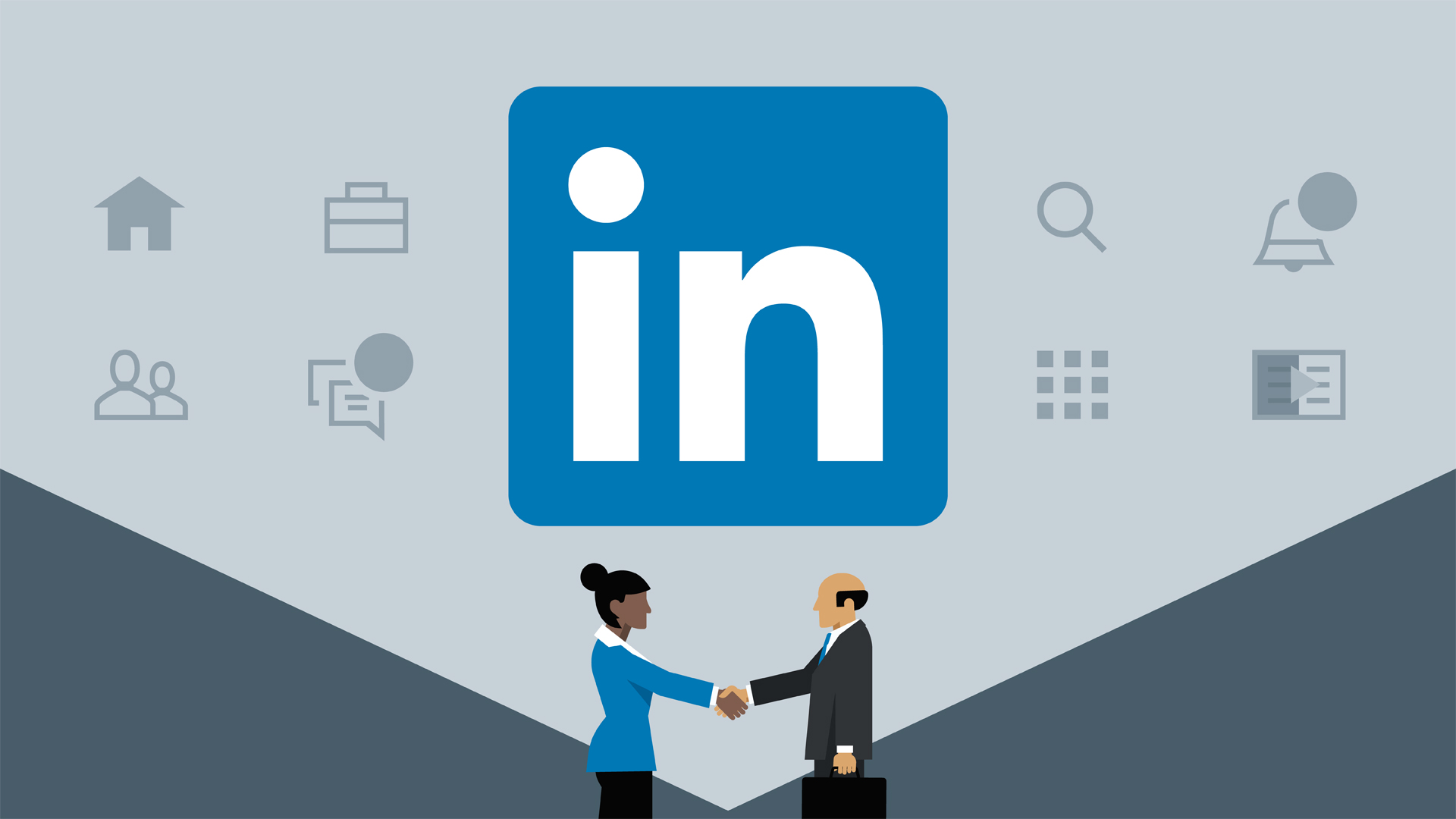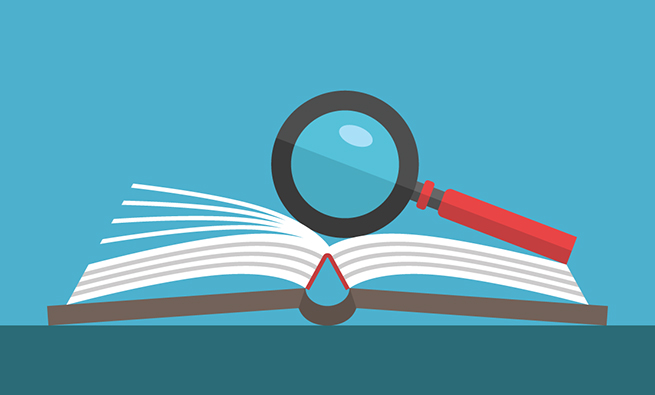
Creating a web folio is really interesting because it’s a way to differentiate myself and showcase myself and my work. Also, this web folio assignment is a very nice way to summarize what was learned in this technical writing course. I’ve used UBC Blogs to host my web folio because it uses WordPress which I’m familiar with having used it before taking this course. Though I’m open and on the lookout for any other sites to host my Web Folio, so if you have any suggestions please let me know! This is my first web folio, so I’m definitely coming into this new and an open mind.
Creating parts of this web folio has been done as part of assignments in this technical writing course, so a lot of this creation is adding visuals, proof-reading past work, and adjusting my work according to peer reviews, and designing the web folio to a specific audience. In terms of an audience, it was a little bit of a challenge to pick an audience because my application package is for a job in Education, which I do enjoy. I’m also very interested in student leadership and research, so it’s hard to decide on what I should do. I ended up deciding to tailor my web folio more towards people in Education because it’s similar to student leadership in the sense that student learning is a priority. For visuals, I wanted to make my web folio, neat and simple while adding enough visuals and colour to make it stand out but not overly done to where it becomes cluttered and confusing.
Something I found interesting while creating my web folio is the parallels it shares with LinkedIn. I think LinkedIn is very structured and serves mainly to connect with others and present yourself, but with a web folio, it feels more individualized where the structure and what you want to present is entirely up to you. It’s almost as if a web folio is an expanded version of LinkedIn in some ways. Another thing that was interesting was having a resume readily available for anyone to see as part of the web folio which makes reading my resume convenient for some readers, whether they might be on their phone or unable to access PDF files. Similarly, having an application package and showcasing your best work allows readers to see your highlights and what your career intentions are while also being very personal since you’re essentially sharing your journey through blog posts and highlights.
Overall, I love the idea of having a web folio as it’s almost like creating your own story or a personal journal that expresses your thoughts, your highlights, and your aspirations. And I think having this web folio as our final assignment is a great way to end this course.



